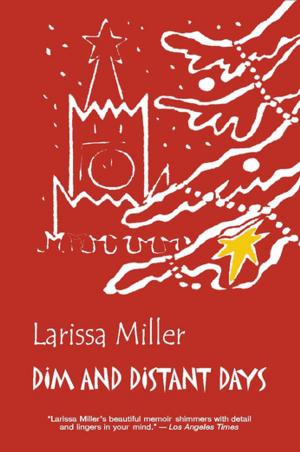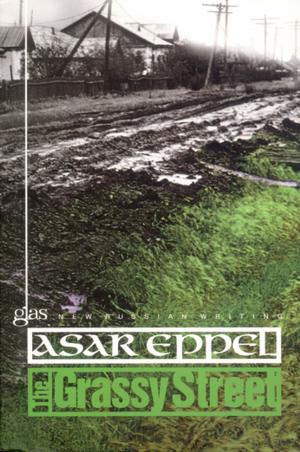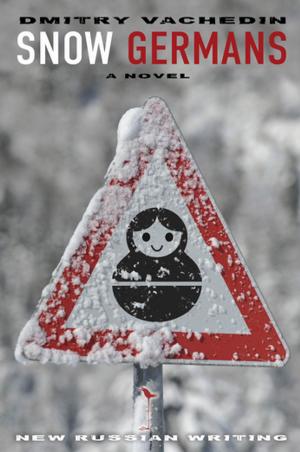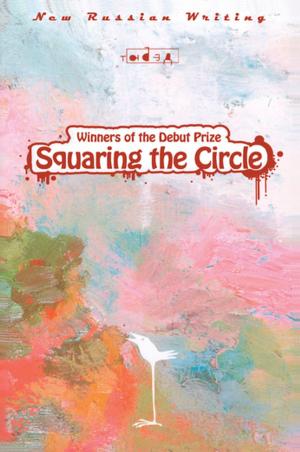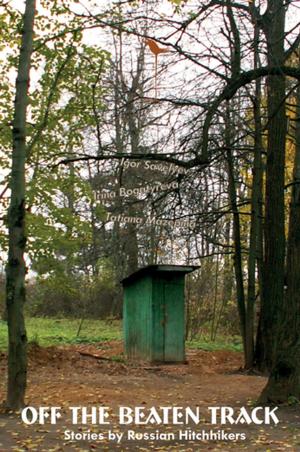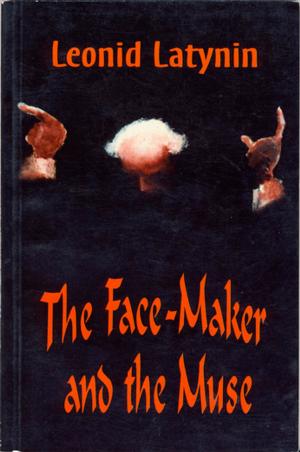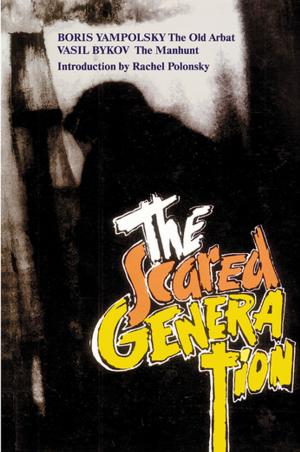The Diary of a Soviet Schoolgirl: 1932-37
Fiction & Literature, Essays & Letters, Biography & Memoir, Political| Author: | Nina Lugovskaya | ISBN: | 9785717201278 |
| Publisher: | Glas | Publication: | July 13, 2015 |
| Imprint: | Glas | Language: | English |
| Author: | Nina Lugovskaya |
| ISBN: | 9785717201278 |
| Publisher: | Glas |
| Publication: | July 13, 2015 |
| Imprint: | Glas |
| Language: | English |
Recently unearthed in the archives of the NKVD, Nina Lugovskaya's diary provides a rare window into the daily routines of an educated Moscow family during the 1930s when fear of arrest was a fact of life. Nina's father, a leader of the Left-wing Socialist Revolutionaries, had embraced Lenin's New Economic Policy and prospered under it as the joint owner of several bakeries. But NEP and its "Nepmen" were short-lived. Nina's diary begins in 1932, after her father's return from three years exile in Siberia. Her family is still living in their large apartment, her older sisters are still singing and drawing, but money is scarce while knocks at the door are cause for alarm. Like Anne Frank, 13-year-old Nina Lugovskaya is conscious of the extraordinary dangers all around her yet preoccupied by ordinary adolescent concerns: boys and parties and who she wants to be when she grows up (she wants to be a writer). Traumatized by her father's first arrest, she hates Stalin and abhors his dictatorship but cannot discuss her feelings with her exhausted mother or her friends in school. Her diary is her confidant, personal and political. Unlike Anne Frank, Nina is neither pretty nor outgoing and she is tortured by feelings of self-doubt. Her diary is as much a portrait of her lonely inner world as it is of the Soviet outer one — the lies, the hypocrisy, the arrests and injustice. The diary ends in January 1937, two days before the NKVD conducted a thorough search of her family's apartment. Her diary was seized and carefully studied, the "incriminating" passages underlined (these markings have been preserved in the book). After her arrest in March, these passages were used to convict her as a "counterrevolutionary" who was "preparing to kill Stalin." She spent five years in a Kolyma prison camp and seven more in exile. This silenced her forever and instead of a writer she became a painter. She died in 1993. Her plainspoken diary is an unprecedented document of Soviet totalitarian rule.
Recently unearthed in the archives of the NKVD, Nina Lugovskaya's diary provides a rare window into the daily routines of an educated Moscow family during the 1930s when fear of arrest was a fact of life. Nina's father, a leader of the Left-wing Socialist Revolutionaries, had embraced Lenin's New Economic Policy and prospered under it as the joint owner of several bakeries. But NEP and its "Nepmen" were short-lived. Nina's diary begins in 1932, after her father's return from three years exile in Siberia. Her family is still living in their large apartment, her older sisters are still singing and drawing, but money is scarce while knocks at the door are cause for alarm. Like Anne Frank, 13-year-old Nina Lugovskaya is conscious of the extraordinary dangers all around her yet preoccupied by ordinary adolescent concerns: boys and parties and who she wants to be when she grows up (she wants to be a writer). Traumatized by her father's first arrest, she hates Stalin and abhors his dictatorship but cannot discuss her feelings with her exhausted mother or her friends in school. Her diary is her confidant, personal and political. Unlike Anne Frank, Nina is neither pretty nor outgoing and she is tortured by feelings of self-doubt. Her diary is as much a portrait of her lonely inner world as it is of the Soviet outer one — the lies, the hypocrisy, the arrests and injustice. The diary ends in January 1937, two days before the NKVD conducted a thorough search of her family's apartment. Her diary was seized and carefully studied, the "incriminating" passages underlined (these markings have been preserved in the book). After her arrest in March, these passages were used to convict her as a "counterrevolutionary" who was "preparing to kill Stalin." She spent five years in a Kolyma prison camp and seven more in exile. This silenced her forever and instead of a writer she became a painter. She died in 1993. Her plainspoken diary is an unprecedented document of Soviet totalitarian rule.




